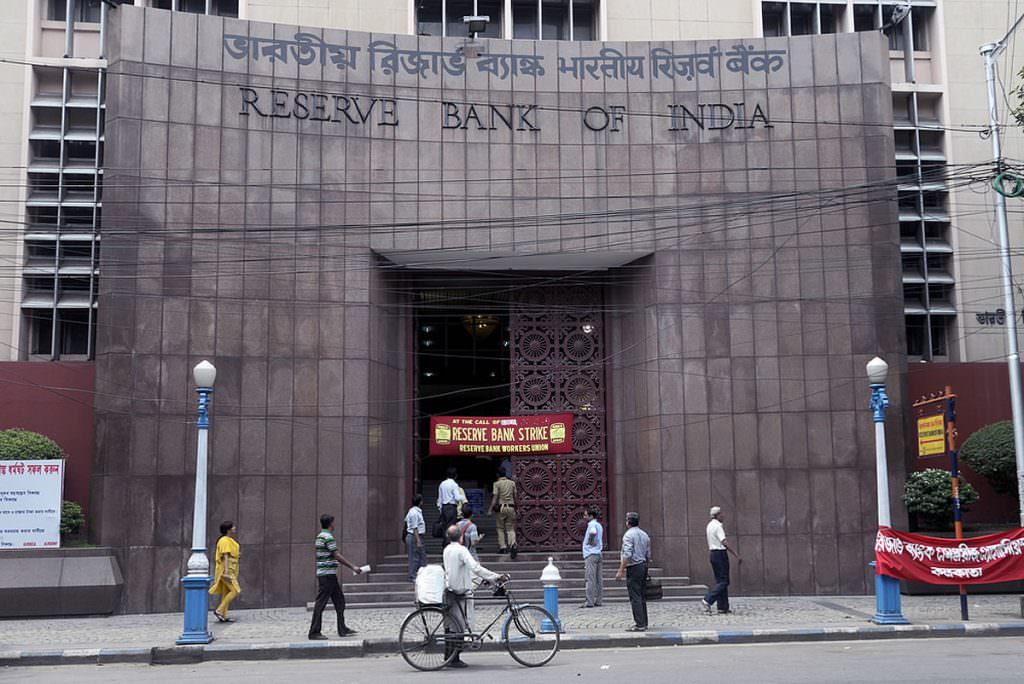
Bitcoin case study: Aniket Patel is an Indian teenager and cryptocurrency investor who is still working on his school exams. Despite this, Patel spends more time checking the Reserve Bank of India’s (RBI) website than scouting for exam results.
This is because Patel considers himself a long term “HODL’er” who is not looking for quick cash, but instead hoping to grow his investments. Despite the fact that Patel’s holdings are now almost twice his initial investment, he is in it for the long haul, he says, and isn’t looking to get out anytime soon.
RBI Crackdown
Since the RBI’s crack down on digital currency exchanges earlier this month, Patel has been visiting the bank’s website regularly to check for further directions from the regulator in the hope that its order will be reversed or eased.
“I do not use any local exchanges to conduct my transactions anyway, so I am not affected by the ban but I do have some holdings in my father’s account on a local exchange and those we will move to a private wallet within three months. But there is no point selling since we have held these for long and the market is right now at a loss.”
Patel is among the many millions of digital currency investors who have been directly affected by the central bank’s order, announced on April 5th, which stated that the RBI was barring banks and financial institutions from dealing in digital currencies. Per the order, RBI has given consumers three months to wind up business interactions related to cryptocurrencies.
As might be expected, while digital currency exchanges in India are keeping quiet, traders (like Patel) on these exchanges are unwilling to liquidate their holdings just yet as they wait for the market to move up again.
Moving Forward
In a perhaps unintended consequence of the RBI’s orders, the bank’s directive proved opportune for a lot of traders who used the dip in Bitcoin’s price to their advantage by buying more and holding it in their private wallets (rather than with local exchanges) — with hopes of making future gains when the market improves.
“There will be a rise in cash-out centres where people can exchange their bitcoin, and companies will probably now move to crypto-friendly countries such as Singapore,”
said Raj Chowdhury, managing director of HashCash Consultants, a firm involved in digital currency and blockchain-based remittances.
Chowdhury said the order was not well thought out since Bitcoin is a decentralized cryptocurrency that can not be banned by any government since it is present and accessible on severs across the globe.
“The move will stifle innovation in the country and companies will look to move to greener pastures. The government will also move on crucial tax money that they could have earned by regulating the market,”
Chowdhury added.
Image from Shutterstock
